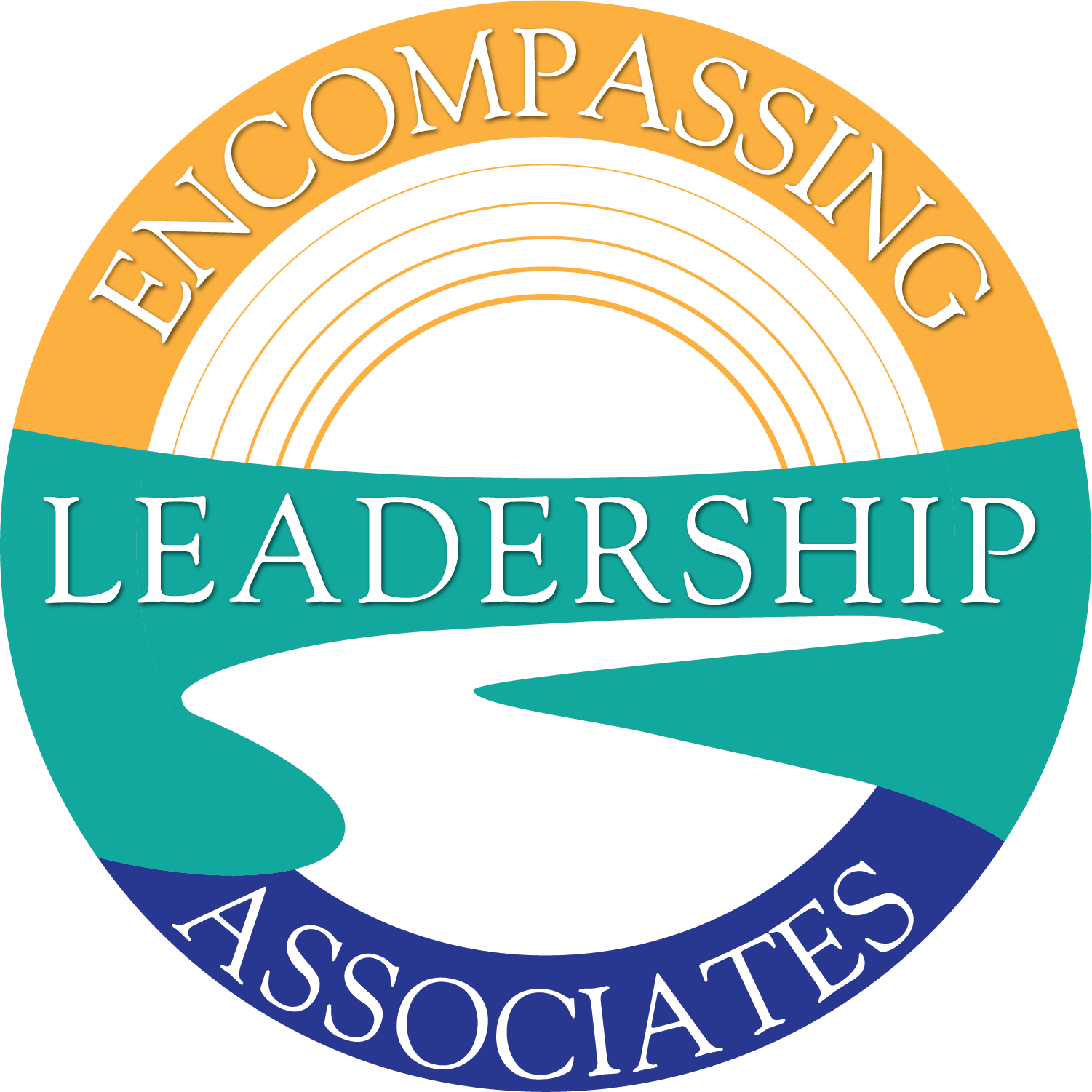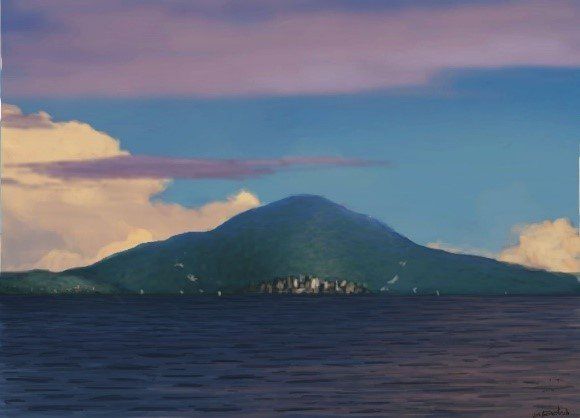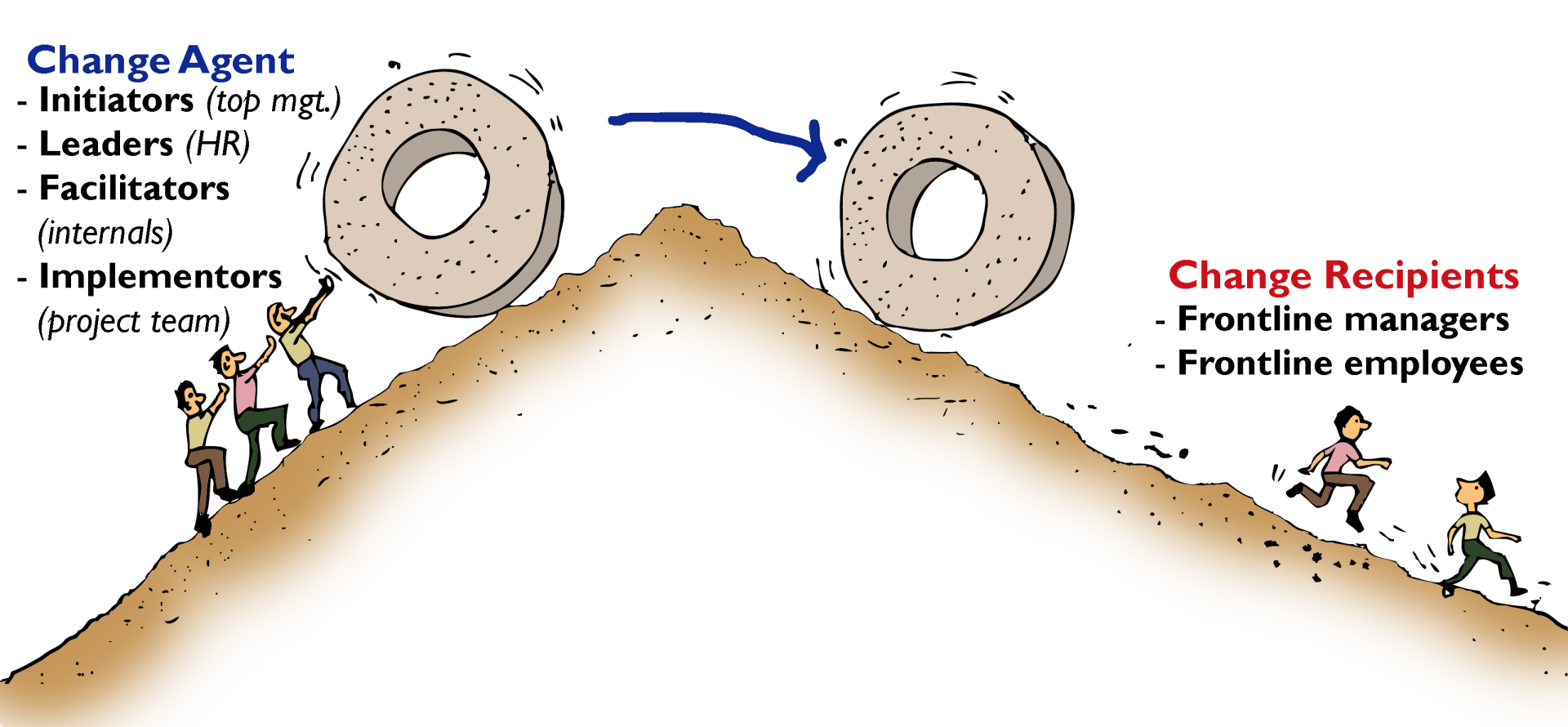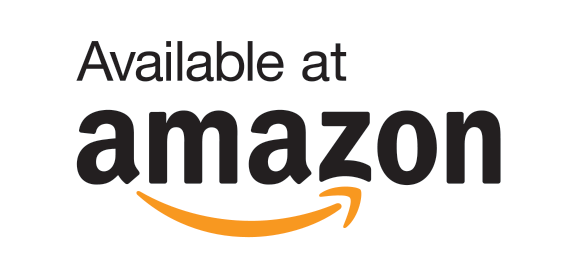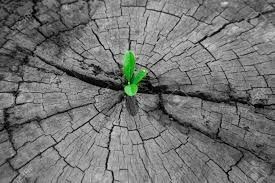
Individually and collectively we emerge from a time of sorrow, ingenuity, and adaptation. Referred to as a once in a 100-year event, a view the 1918-1919 influenza pandemic supports. A deep systemic circumstance highlighted by global illness, economic downturn, inequity, and division. New interrelated aspects continue in pent-up demand, inflation, and labor shortages. Unfortunately, polarization cements us into fixed positions of thinking. During such a difficult time, I wanted to see if something of value could be learned. I decided to seek out others, hear their stories, how they were adjusting, and get their viewpoints on long-term ramifications. Through phone and virtual interviews with dozens of people, I was fortunate to talk with individuals in healthcare, education, financial, charitable, religious, manufacturing, and military settings. I also incorporated related articles and webcasts. Distinct schools of thought quickly became evident. Many wanted to go back to the way things were, the status quo, the good old days. Others felt that we’re in the midst of major change regarding how we view and live life; a tipping point that requires us blow up and cast away certain views and methodologies. A third group saw a hybrid of reinstituted and altered practices. Some feel the longer the pandemic the more significant and hardwired change will be. Below are additional themes: How we approach change offers us more opportunities, fewer barriers. Recognize that change is constant, part of life, organic. It is cyclical, involves highs and lows. If we come with openness, a desire to learn, grace, change can serve as a school for learning. Upcoming challenges are fields of practice where we can apply our insights, where we can draw on the fortitude that comes from engaging, failing, persevering, and overcoming. Courageousness stands out. Bravery emerges again and again, from varying levels, in numerous settings. All in a time of sickness and economic uncertainty. Frontline workers who show up every day to meet customer needs. Families manage complex residences of work, school, and caregiving. Teachers work in hybrid environments where physical and mental safety is at risk. Leaders/business owners personally sacrifice so others retain their jobs. A selflessness stands out that can be extended past the pandemic, utilized in countless future environments. Our communication has been transformed. While many of us have been somewhat drained from the constant virtual nature of interaction, it offers significant advantages. Imagine Coronavirus taking place 10, 20 years before. The isolation would have been less tolerable and deadlier. Many would have been unable to work. Mental strain would have been incalculable. Currently, the technology is in place to support much of our efforts. These platforms give expanded voice to many who were previously not considered, the unheard. Repeatedly, I hear the need for transparent dialogue; now we have additional vehicles for shared awareness. Before Covid, we required accessible, responsive, and genuinely engaged leaders; an obligation that has only strengthened. Finally, there is a systemic aspect to what we have undergone and what we continue to experience. Put another way, events and lives are interrelated. The pandemic highlighted disparities in healthcare and income. It drove changes in medicine, education, real estate, leadership, and the majority of workplaces. Some of these transitions are irreversible. At the least, they will continue in some fashion. More people will work from home, learn remotely, visit doctors online, have food and entertainment brought to them. We face additional change. People are making hard choices about returning to the workplace. Services and supplies are in great demand. Remember, change is cyclical. Yet, there are constants we can draw upon for assistance. Think differently, think globally. Partner. Employ creativity. Consider the greater good. Stay in tune with accelerating technology. Make use of virtual connections. We have undergone an extraordinary time. As with any meaningful experience, there’s an accumulating impact to all participants. There is the event and our responses to the event. What will we do with the knowledge gained? Can we reframe challenge to opportunity? We must remember and mourn as demanded and needed. Change is a sliding continuum requiring reflection, celebration, and learning. Let’s utilize our newfound learning and strength to achieve meaningful endeavors. Prepare for other cataclysmic events, whether harmful or beneficial. By acclimating to change, we enhance and ensure biological and organizational life.
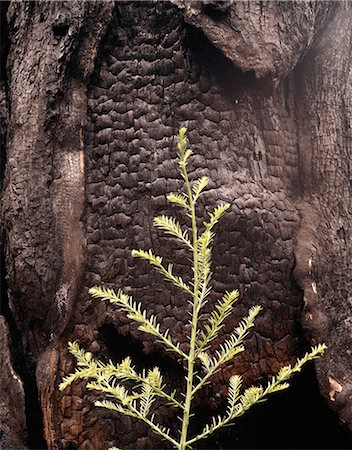
It seems that every day we wake up to a quickening, more complicated world. We have often little time or focus to delve into, let alone integrate, the avalanche of information coming from a diversity of sources. Minutes, days, weeks, years of time evaporate without notice. We become numb. It is in our faces. It is in the words we use and our accompanying tones. It is in our action or more likely, inaction. We burn out. We have all been there, maybe are there still. What is unnatural is to surrender to burnout as if the condition is terminal rather than transitory. There is a way out and it must start from within. Consider where our time and our mental energy are expended. Examine our thoughts, our beliefs, our self-talk, and the culminating behaviors that arise from our mental model – then shift to a stance of self-agency. When we firmly stand on new ground, we are positioned to identify and resolve what is externally working to wear us down. A generation ago, “a burnout” was someone who had succumbed to hard living via substances and other self-abuse. We have come to see burnout as something being done to us: by society, by work, by friends and families, through acquisition, via consumption by and of us. If we are even aware that we have stepped on this accelerating merry-go-round, we are not clear about whether we can or should exit. Yet, if we are taking the vantage of a rider rather than an operator, then possibly the traditional definition of being a burnout is not off base. At the end, it is up to us to break the cycle. It’s not that our burnout is not real or that it is not insignificant. It is that by initially and regularly turning inward to self, that we are better positioned to identify and sustainably mitigate the internal and external factors reinforcing our condition. Clear cut quick wins start within the physical domain of our lives. Are we getting the sleep we need? Do we take in what is healthful in terms of types and amounts of food and drink? Do we exercise? Is our caffeine use mindlessly undertaken? Can we regularly turn off the damn phone, hide it in a drawer, toss it in the back seat? Do the same with the TV, the computer, the gaming device. Physical wellbeing leads to mental health, and by extension, emotional calm. Now that we feel a little more rested, a little more at peace, we can begin to notice, then reflect. We are taught to continuously aim high, achieve, acquire. We strive to jump to the next rung, ignoring the view, denying the cost. How exhaustive, how unfeeling, how empty. We can move from an outcomes-based paradigm to one of engagement, to each moment, to each being. Discern what is superficial (most things) and what has true meaning (a select few things). Relish and draw upon the meaningful aspects. For instance, I might get a notification that I had exceeded budgeted income by millions of dollars. This would give me fleeting satisfaction lasting only a few seconds. Later while transitioning from meeting to meeting, I would find a couple, lost and infirm, trying to find their appointment location. Seeing the relief when I escorted them by the easiest route to their physician gave me happiness, a feeling that lasts to this day, many years later, when I recollect it. Next, practice gratitude. Good fortune comes at different frequencies for each of us. Part of that regularity depends on our cognizance and appreciation of what comes our way. Studies show that being thankful elevates our emotions, our personality, our relationships, our career, and our health. So, take notice and give thanks for anything that brushes the realm of joy, even the littlest things. Lastly, we can make a choice between judgement or empathy. The habit of judgement takes precious energy. We waste moments of our lives propping up artificial constructs predicated on misconception and/or blind emotion. Empathy for others gives us energy, and just makes us feel better. Caring about and helping not only aides them, it helps us to care for and help ourselves. Once we have a better relationship with self, we can truly extend outward to others and our various environments. Seek out positive people and places. Ask for help, instead of toughing it out. Provide help as you can. This reciprocation of assistance, appreciation, kindness, ripples into a cascade of goodwill and genuine acts that become a legacy echoing through time. This gestalt, relating to others and the world has, time and again, allowed us to create the miraculous and solve pervasive issues. And so here we are above the fray – removed from the madness, clear eyed, calm, resolute, no longer a casualty, but a hero, one of many, ready to collaborate to address the exterior elements fueling our individual and collective chaos. One last reminder: most of what we give negative attention either does not matter, will not happen, or we have no power to control it. As Andy Warhol proposed, “Sometimes people let the same problem make them miserable for years when they could just say, So what. That's one of my favorite things to say, So what.” Step back, lighten up, breathe, reflect, let go, take a fresh approach to this life, and repeat…

Paul Klee supposedly said, “Art does not reflect what is seen, rather it makes the hidden visible.” I say supposedly because I would have to do more than cursory research to ensure I had his actual words. So, it is true with all relationships in life. We can choose to take something at face value or we can make genuine effort to get closer to, understand, and embrace a vision closer to reality, of wholeness – to make the invisible visible. When we first meet an individual, we get their name, take in their physical appearance – note the visible. Yet, we don’t know – unless we engage over time – their beliefs, their preferences, their practices, their potential. Organizations are similar. We need to focus on a variety of people/settings/situations to gain a true sense of organizational culture. And we have to be conscious of the enablers to our capacity for blindness. Others, unconsciously and consciously, passively and actively, can work to keep us from knowing about them or their workplaces. How can we make the imperceptible apparent? It starts with curiosity, a mindset to engage in discovery going beyond the superficial, not being satisfied with scratching the surface; instead, getting to the essence of what is being examined. It requires an openness to finding differences from what we knew or believed. It takes effort. It takes discipline. We often say we do not have the time, but the investment of minutes brings huge dividends in hours, even days. The goal is awareness of other – individuals, groups, societies – and self. A stunning insight arises from the acceptance that we do not know it all, nor do we have to; that we have help, that we have partners. The benefits are new and deeper relationships. Integration, rather than an insular view, results in a more global understanding. Moreover, we are increasingly likely to conduct optimal assessments, make informed decisions, drive sustained implementation of our initiatives, and cultivate attributes for future endeavors. After digging in various sites, I am reasonably sure that Franklin Thomas did say, “One day our descendants will think it incredible that we paid so much attention to things like the amount of melanin in our skin or the shape of our eyes or our gender instead of the unique identities of each of us as complex human beings.” His sentiment can be extended to groups, nations, and societies. When we comprehend that difference makes us much more effective in our words and deeds, then we can get down to the really important business of healing, saving, and developing.
Whether it’s music, reading, nature, helping others, meditation, or a combination thereof, find your mindful haven – the place and time where you can rejuvenate and allow your creative forces to reawaken without the intrusions of traffic, work, and media.

